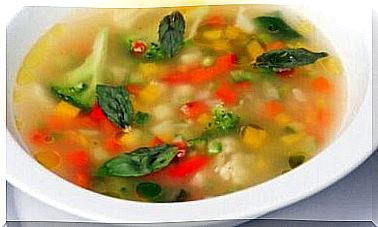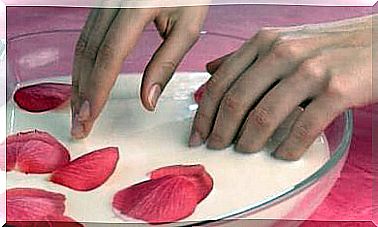What Does Your Tongue Say About Health And Emotions
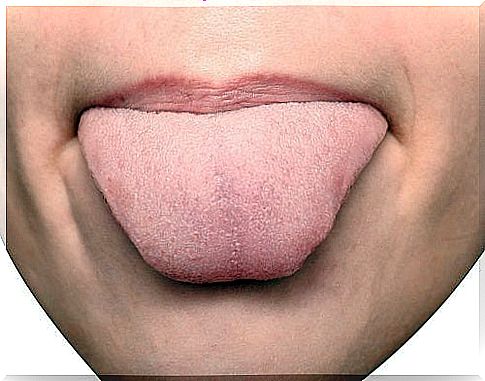
The tongue is one of the most informative muscles we have in the body. In addition to its role in the digestive process, it can also show the state of your health and emotions. What does your tongue say? Learning how to read this organ can help you spot potential health problems.
This is due to the fact that this muscle is covered with thousands of nerve endings that are associated with different organs in your body. When something is not functioning properly in the body, the tongue lets you know by changing the color or texture.
In this article, we want to help you understand what your tongue is trying to tell you about your health. You can start right away by looking in the mirror and examining this organ closely. What does your tongue say?
pink tongue
If it has this color let us know that we are healthy and have a healthy lifestyle. It is a sign of a good diet and digestion. It also tells us that we would be emotionally stable.
red tongue
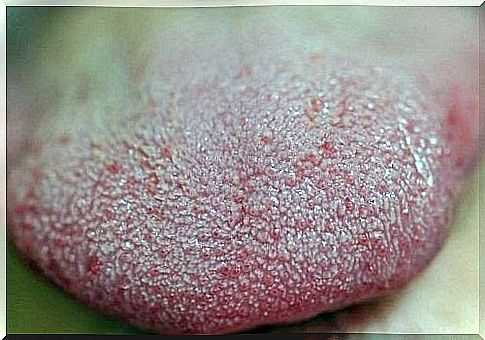
What does your tongue say when it’s red? This could indicate a health problem in the throat or internal organs, especially if the tip is red. Emotionally, a red tongue is often associated with people who are easily irritated or stressed.
Small sores on the tongue
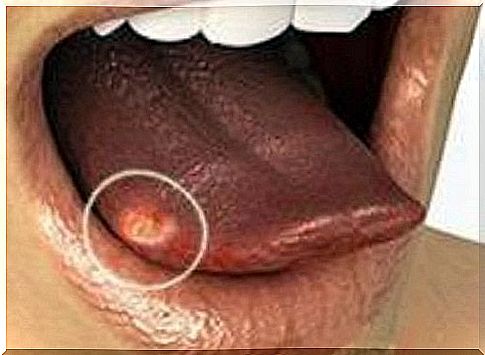
These often appear along with viral infections or fungal infections. They can also appear due to a lack of vitamins A and C. Also, they can be a sign of eating too many compound foods, fats and sugars.
On an emotional level, small sores in this area can indicate that a person is easily upset and is constantly stressed and anxious. It is also common in individuals who suffer from suppressed anger.
You should regularly monitor your oral hygiene. Contact your doctor if it is due to an infection.
Inflamed taste buds
This is a clear sign of a nutritional deficiency. It is very important to follow the dietary recommendations we give for a white tongue. They are very important to combat this problem. Also, gently clean your tongue with your toothbrush every time you brush your teeth.
Inflamed taste buds can also be a result of stress or your difficulty adapting to changes.
white tongue
This is a clear indicator that a person is experiencing intestinal and digestive problems. This can be due to consuming too much saturated fat or refined sugars and flour.
It can also be a sign of toxemia, the build-up of toxins in the gut and blood. This can also lead to other health problems.

If you notice that your tongue is covered by a white coating, it is very important to change your eating habits. Choose a cleansing diet that is free of:
- saturated fats.
- compound foods.
- dairy.
- all fried foods.
Emotionally, it can involve a nervous and anxious state. This emotional state could cause or exacerbate digestive problems. It could also cause the failure of several vital organs. This can of course seriously affect our health.
smooth tongue
This not only indicates nutritional deficiencies, but can also indicate anemia. In this case, we recommend eating more foods rich in vitamin C and iron. Emotionally, this could mean that you could be prone to depression and easily discouraged.
inflamed tongue
What does your tongue say when it’s inflamed? It could be a symptom of low hemoglobin levels. This is a condition more commonly known as anemia.
Card-like tongue
This looks like a map with similar ‘drawings’ on the surface that can be red, pink or white. It can also be hereditary, but if it’s recurring, it could be a sign of an allergy or intolerance to certain foods.
People who have this can often be very sensitive emotionally and easily irritated or confused.


